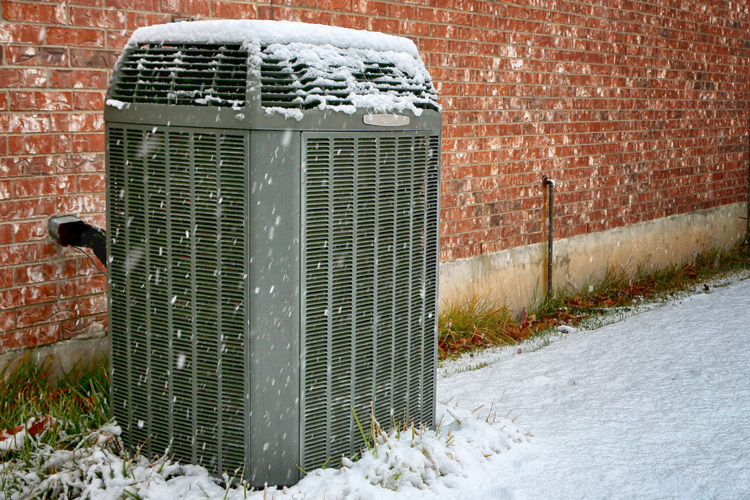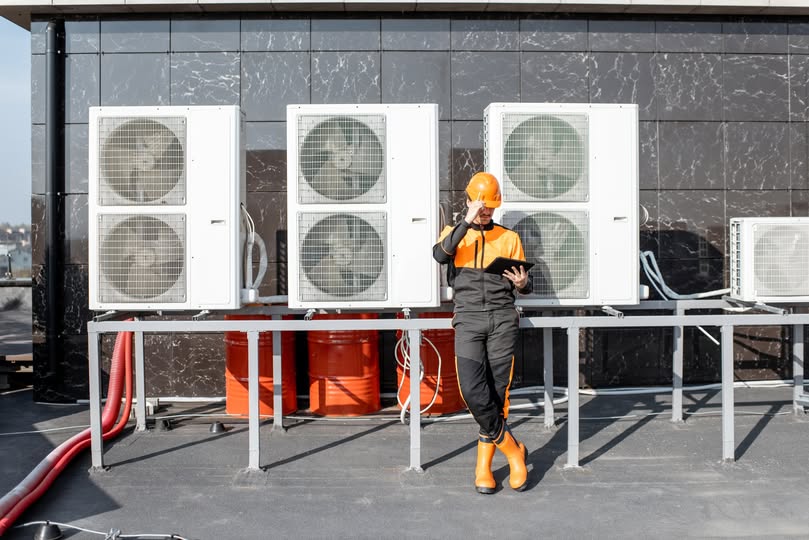Do I Need to Cover My AC During Winter?
Winter has made its way to Canada, leading homeowners to start winterizing their homes and preparing to cover their AC units. The question is whether this task is necessary. Modern AC units can hold up against harsh winter temperatures. However, there are still some benefits to covering your AC to consider.
Pros of Covering Your AC During Winter
Cold temperatures are not the only potential threat to your AC in the winter. You also have to consider the following:
Debris
As the weather changes, leaves, sticks, and limbs fall from above. These items as well as dirt and yard waste can land in or be blown into the unit. Since the unit is not in use, these all have the opportunity to settle and impact your AC’s efficiency when it’s time to turn it back on. Using a cover prevents debris and waste from entering the unit, keeping the coils cleaner and reducing the potential damage.
Water
When it rains, the water can fall into your AC unit and freeze on your coils. This can potentially render your unit inoperable. Covering your AC unit can help keep the water away from your coils.
Cons of Covering Your AC During Winter
Since there are always two sides to every coin, there are several cons to covering your AC unit. The biggest is that covering it blocks airflow, trapping moisture inside the unit. This can lead to rust, corrosion, mold, and electrical difficulties.
Additionally, remember that humans are not the only living creatures that seek warmth and shelter in cold weather. This means that mice and other creatures might make a home in your unit, resulting in chewed wires and insulation.
Choosing The Right Cover
Covering your AC is not mandatory. However, if you decide to cover it, you want to pick the best cover for the job. Those made from woven Polyester offer protection for your unit while allowing air to flow through.
Adding a cover to your AC isn’t the only way to protect it. It’s also essential to have it maintained regularly. For the best results, contact us to schedule your A-Plus Quality maintenance after the Holidays!



